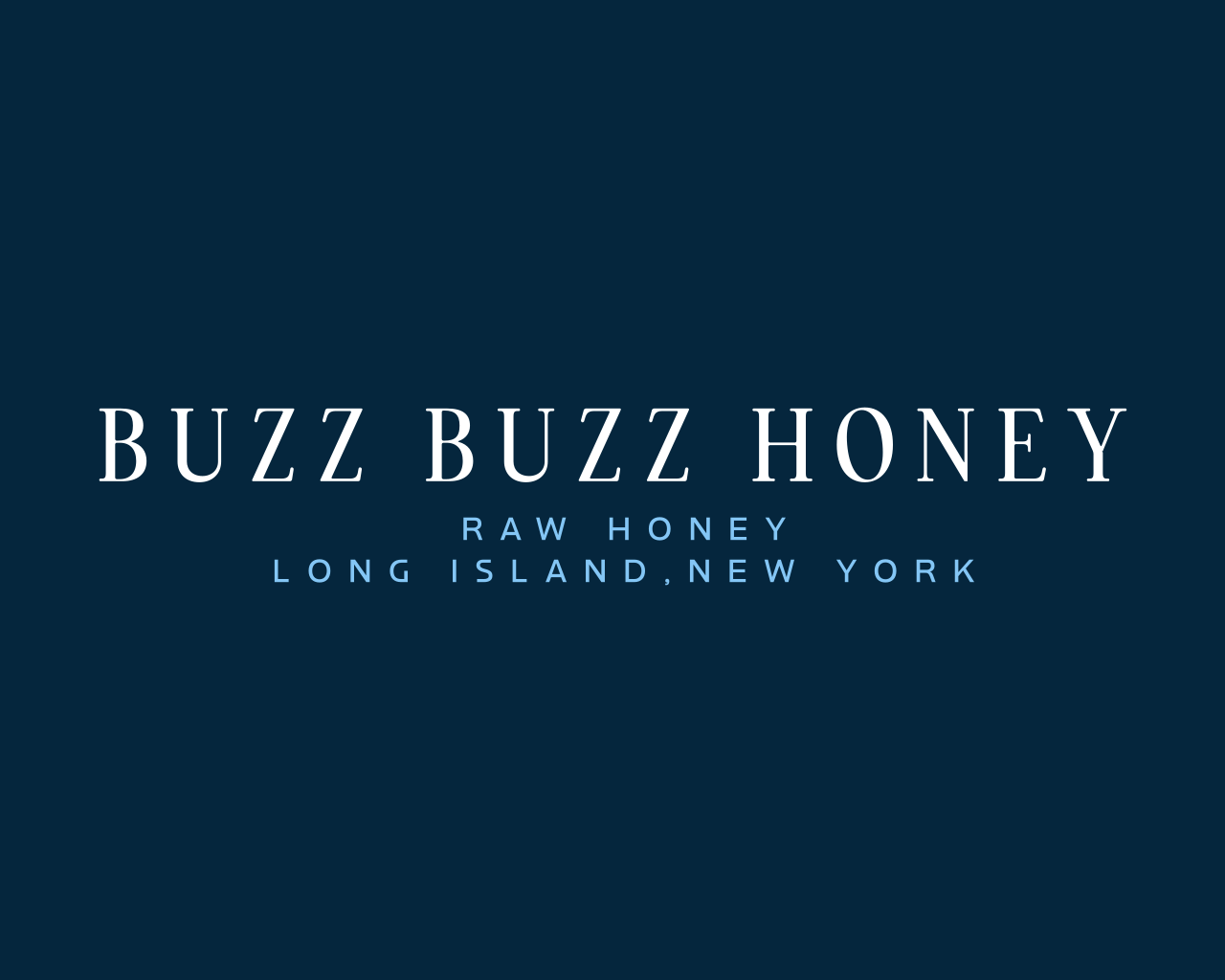Is Engineered “Superfood” Supplement Could Transform Bee Health and Protect Global Food Supply a good 💡 idea??
Engineered “Superfood” Supplement Could Transform Bee Health and Protect Global Food Supply
In September 2025, scientists announced a breakthrough discovery that may revolutionize pollinator health and food security: an engineered yeast-based supplement that significantly improves honeybee colony growth. ( on the videos page, Read “ The Royal Secrets of the Hive” yeast-based food is not present.)This “game-changing” innovation addresses one of the greatest challenges bees face today—nutritional stress caused by habitat loss, climate change, and monoculture farming【web†source】.
Bees rely on pollen for essential nutrients, particularly sterols, a type of fat-like compound vital for growth and development. In diverse natural environments, bees obtain sterols from a variety of flowers. However, with declining floral diversity, many colonies suffer deficiencies. To address this, researchers engineered the yeast Yarrowia lipolytica to produce six key sterols normally found in pollen【web†source】.
The results have been striking. Colonies fed the sterol-enriched yeast reared up to fifteen times more larvae than those given conventional artificial diets. Moreover, brood production persisted longer, indicating not just short-term stimulation but sustained colony health. Importantly, the sterol profiles in larvae from supplemented colonies closely resembled those of naturally foraging bees, suggesting the supplement successfully replicates pollen’s nutritional value【web†source】.
This breakthrough holds profound implications. Healthy bee colonies are critical to agriculture, as honeybees pollinate a large percentage of global food crops. By supporting bees during times of poor forage, the supplement could stabilize crop yields and reduce risks to food supply. Additionally, providing supplemental nutrition to managed honeybees may ease competitive pressure on wild pollinators, which often face food scarcity in shared ecosystems【web†source】.
While promising, limitations remain. Trials have so far been conducted in controlled environments, and researchers caution that real-world field conditions—including exposure to pesticides, diseases, and climate extremes—could influence outcomes. Long-term impacts across multiple generations are still unknown. Furthermore, cost and accessibility will determine whether the innovation can be widely adopted by beekeepers. Although researchers are optimistic, more study is needed before large-scale deployment【web†source】.
In sum, the engineered sterol supplement represents a potentially transformative tool in pollinator conservation and global agriculture. By mimicking the nutrients bees naturally require, this innovation not only supports colony health but also strengthens food security for humans. If future trials confirm its effectiveness under field conditions, it may soon become an essential part of sustainable beekeeping and ecosystem management【web†source】. Keep in mind….
Natural honey does not use yeast in its production. Bees make honey through their own biological process, not fermentation. Here’s how it works:
---
🐝 How Natural Honey Is Made
1. Nectar collection – Worker bees gather nectar from flowers and store it in their honey stomach.
2. Enzymatic changes – In the bee’s stomach, enzymes (like invertase) break down complex sugars (sucrose) into simpler sugars (glucose + fructose).
3. Deposit in the hive – Bees regurgitate the nectar into wax cells (honeycomb).
4. Evaporation – Bees fan their wings to reduce water content from ~70–80% down to ~18%. This prevents fermentation and preserves the honey.
5. Capping – Once thick enough, bees seal honey with wax, keeping it stable for years.
---
🍯 Role of Yeast in Honey
Wild yeast can exist naturally in very small amounts on flowers or in hives, but it is not part of honey-making.
If honey’s moisture content rises above ~18–20%, wild yeast can multiply and cause fermentation, turning honey sour or alcoholic (mead).
Beekeepers often use a refractometer/hydrometer to check water content during extraction to ensure honey won’t ferment.
References
Natural Resources Institute. (2025, September). Bee superfood breakthrough could boost colony health and protect pollinators. University of Greenwich. https://www.nri.org/latest/news/2025/bee-superfood-breakthrough-could-boost-colony-health-and-protect-pollinators
The Cool Down. (2025, September). Scientists create supplement to help honeybees thrive when pollen sources are scarce. https://www.thecooldown.com/outdoors/honeybee-supplement-pollen-food
The Ethicalist. (2025, September). Bee “superfood” breakthrough may save pollinators. https://theethicalist.com/bee-superfood-breakthrough-save-pollinators
UK Research and Innovation. (2025, September). Engineered “superfood” boosts bee colony growth. https://www.ukri.org/news/engineered-superfood-boosts-bee-colony-growth

